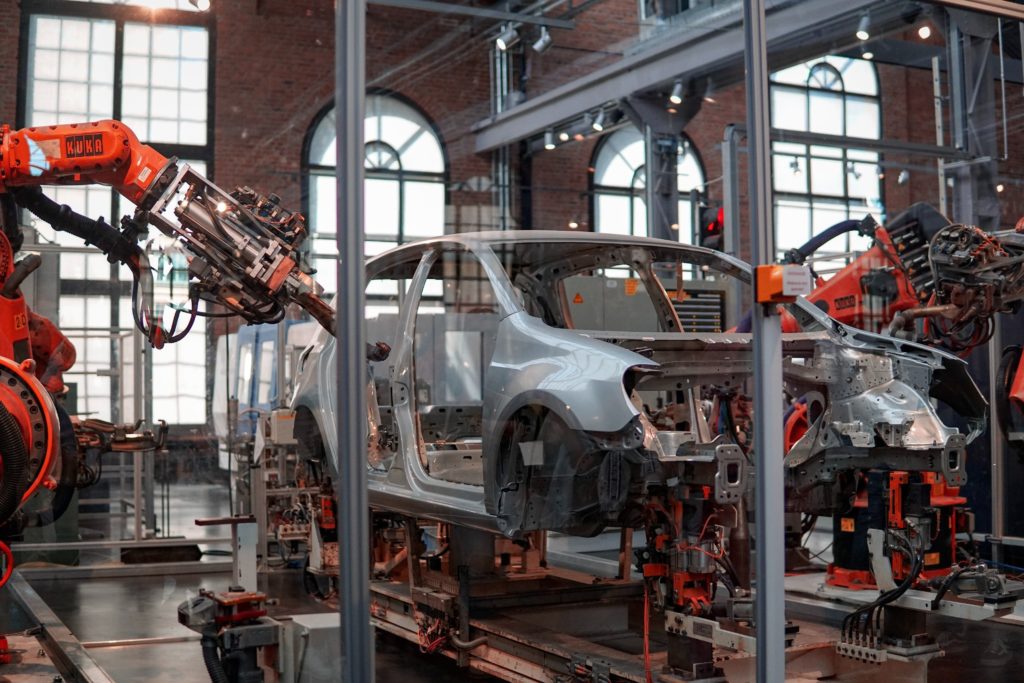After our article about the Impact of the Russia-Ukraine crisis in the Russian automotive industry, we are continuing the analysis. This time you can read about the impact of the war on the Automotive Sector in Europe.
It is now apparent that the Russian automotive sector is heavily integrated into the international market. Therefore, it can not survive without suppliers and partners from all over the world. But…
What about the automotive business worldwide, can it survive without Russia?
Some component manufacturers have their plants in Russia, for example, plugs, filters, shock absorbers. These are supplied to the markets of neighbouring countries or even limited to the territory of the Customs Union. However, there are a few exceptions, such as the Russian plants of Nokian and Bridgestone. The products of these brands were indeed supplied to Europe. Currently, the work of the Bridgestone plant has been suspended, and according to insider sources, Nokian is considering moving the plant out of Russia.
Speaking about the largest Russian companies, such as Gazprom, Lukoil, and other oil/fuel manufacturers, they have never paid close attention to lubricants. Their primary business is to supply raw oil/gas abroad. They all have automotive lubricant products . However, this business is very much secondary so cross-border business was never pursued.
Additionally, it is worth mentioning car manufacturers who produced cars and even components in the territory of Russia. For example, Stellantis, which in 2021 launched the production of engines in Russia with the expectation of their partial supply to Europe. The company also planned to launch the production of manual gearboxes at its Russian plant by the end of 2022. But now, all this work and these plans are suspended and under question.
Russia as a raw material supplier
While Russia is not a critical player in the automotive parts business, it is significant as a raw material supplier. Russian companies play an important and sometimes even vital role. In addition to oil and gas, widely mentioned in the media, Russia supplied a large amount of aluminium and nickel to Europe. The sanctioned Norilsk Nickel and Rusal Companies will now not be able to provide these critically important metals for the automotive industry. Up to 25% of aluminium at European plants is supplied from Russia.
Even more critical is the supply of palladium from Russia. This relatively rare metal is used in automotive catalytic converters. The share of supply from Russia is 60%, so it is unclear how to substitute such a huge “gap”. It is impossible to do so quickly, and it definitely won’t be cheaper. The Russian Federation is also one of the largest suppliers of cobalt, which is needed for the production of lithium-ion batteries for electric vehicles.
Of course, Russia is not the only supplier and doesn’t always supply a critical share. But still, the withdrawal of the Russian Federation from this market will create a certain imbalance for a while. It will result in additional difficulties for automakers, which will lead to an increase in the cost of producing electric vehicles. Finally, the production of AdBlue, which is mandatory for European trucks, also depends on cooperation with Russia. And although, in this case, it will be possible to produce quickly enough, this will lead to an increase in the cost of the final product. An increase in the price of Adblue will affect all products as it will increase the overall cost of transportation for all goods.
And big is the impact of the Ukranian side on the European automotive market?
The Russia-Ukraine war affects European automotive business not only from the Russian side. Ukraine is a supplier of some spare parts and materials for the European market, which affects the market even harder, at least in the short term. For example, in Ukraine, several companies produce electrical wires, which many European automakers use; for some of them, Ukraine supplies more than 70%. As Automotive News Europe wrote earlier, Volkswagen Group and BMW have already faced interruptions in supplying those wires and have begun searching for alternative partners. Ukraine has a lot of advantages – low labor cost, very close to Europe so logistic cost is also low, good engineering knowledge basics thanks to Soviet heritage. That’s why many small parts and components were produced in Ukraine.
Bottom line, European automotive players will be able to solve those supply problems and change the suppliers. Still, it will not be done overnight. Such solutions will take time and will undoubtedly be more expensive.
About the Author: Alexander Gruzdev
International market intelligence expert with 20 years of experience, 15 in the automotive, aftersales, and mobility sector.
His range of customers covers from A (Audi) to Z (ZF) in 20 different countries in the world. Alex is an active Conference Automotive Expert speaker and media contributor. He has over 200 publications in professional magazines, regular TV and radio.

